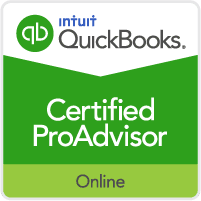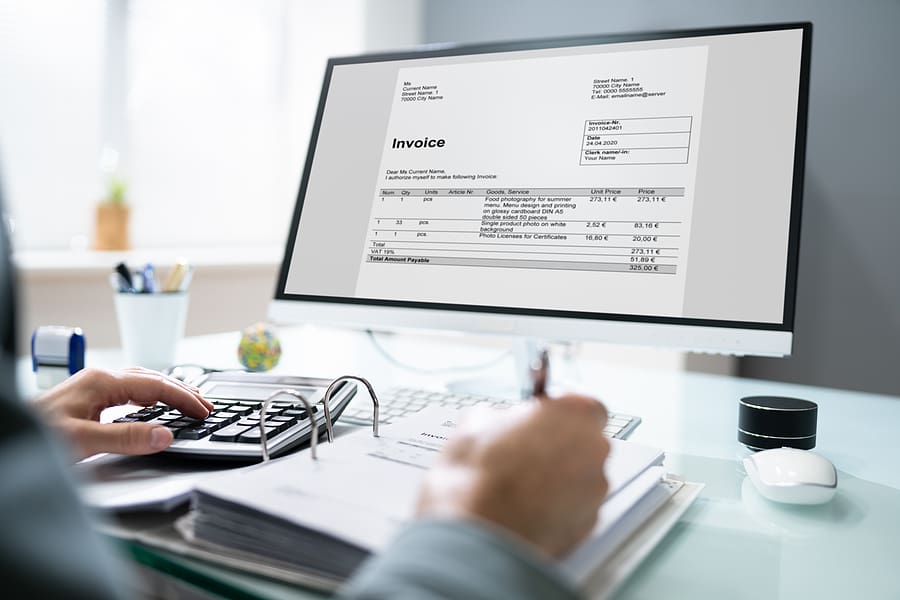Drawing a Check: Deciding When to Put Yourself on the Payroll as a Business Owner
One of the biggest milestones as a small business owner is reaching the stage where you can afford to pay yourself. But this isn’t as simple as initiating a bank transfer. No matter what you decide to pay yourself, you’ll want to follow the guidelines of proper payroll management for business owners. Determining when it is the right time to put yourself on the payroll is often something business owners have questions about.

Understanding Your Business Stage
Before you can begin to put yourself on the payroll, you want to make sure your business is profitable and you are able to pay your current operating expenses and business loans without an issue in addition to paying yourself. Do a financial health check, factoring in all your business’ debts and obligations, and calculate what percentage of profits you can pay yourself as a salary, and what percentage will be reinvested into the business for increased profitability and sustainability.
-
Startup Phase:
Most business owners are not able to pay themselves during the startup phase, which can last for several years. During this phase you will prioritize reinvestment into the business and focus on growth.
-
Growth Phase:
During this phase you can focus on evaluating the stability and cash flow of your business. If you’ve made it through the startup phase you can start to consider paying yourself as part of the operating expenses of your business. It’s important to start paying yourself as soon as you can so your compensation can be considered part of the overall financial picture. Some small business owners will try to wait until the business truly takes off, but this is usually not necessary and, in fact, can give you a skewed picture of the real financial health of your business.
-
Established Phase:
Once your business is established and healthy, you can focus on aligning compensation with market standards, not simply paying yourself only enough to get by. When you set your salary, consider what the IRS has determined as “reasonable compensation” and what you need for living expenses.
Legal and Tax Considerations
The type of business you have will make a difference in how you can pay yourself, whether you take a salary, a draw, or dividends. If your small business is a sole proprietorship, a partnership, or an LLC, you will need to take a draw. A draw will allow you to pay yourself without issuing a paycheck or withholding employee taxes. You can choose to take a draw on a regular schedule or as needed. If your business is structured as an S-corp or L-corp, you will pay yourself a salary, although this can be combined with a draw or dividends. Your salary will be a set amount of money paid on a regular schedule, and you will cut yourself a paycheck like any other employee and withhold the normal income and employment taxes.
Compliance with employment laws and regulations is key, as there are tax implications when you begin drawing a salary as the owner, both in your personal and business tax obligations. Your accountant or financial advisor can help you determine the best way to meet your tax obligations and still pay yourself a fair salary.
Separating Personal and Business Finances
One of the most important things to remember when you begin paying yourself as a small business owner is to keep your personal and business finances separate. This will make record keeping easier for your business, make it easier to file taxes, and, depending on your business structure, may be legally required. Make sure you have a designated business account that is used only for business expenses, and when you take your draw or salary, move the money to your personal account and use that only for personal and living expenses.
Timing is Everything: Making the Right Move at the Right Time
Compensating yourself is important for the health and stability of your company. If you are not taking a salary, your books aren’t an accurate representation of the health of the company. Your time does have value, and as your company grows and you take on more responsibility, the IRS will look to see if you are providing yourself with “reasonable compensation”, which is generally defined as what you would pay someone to take on that role, although a modest and fiscally conservative salary will leave you more money to invest in the business. As soon as you are able, it is recommended to begin paying yourself as the owner.
What if it’s Too Soon?
Starting a business is risky, and drawing a paycheck too soon can hurt the financial health of your company. To know if the timing is right, consider if your business has sustained revenue, a steady projected revenue, and whether or not you are able to consistently keep your business in the black. You don’t want to put stress on your company because you made a move too quickly.
Mitigating Risk and Seeking Professional Advice
One of the smartest things you can do to mitigate risk and keep your company healthy and your personal finances strong as a small business owner is to look to the experts for advice. Before you make any big financial moves with your business, consult with your accountant or financial advisor. They can help you adapt as your business evolves and avoid any potential legal or financial pitfalls.
Informed decision making is essential when determining if you are able to pay yourself as a business owner. When you are focused on long-term success you will be able to assess your own unique situation and find the right balance between reinvestment and compensation.
Keeping the Books
Keeping your financial records organized will help you make strategic financial decisions as your business grows, and that includes being confident in your ability to pay yourself reasonable compensation as soon as possible. Whether you’re a small business owner, a startup entrepreneur, or an established company, the expertise and services of an experienced bookkeeper can revolutionize your financial management and streamline your operations. From maintaining accurate records and ensuring compliance with tax regulations to providing critical financial insights and freeing up your time to focus on your core business activities, a bookkeeper is an invaluable asset.
With In Balance Bookkeeping Solutions, your financial records will stay organized and you’ll be able to make informed decisions for a prosperous future. Contact us to learn more about our customized financial management solutions.






